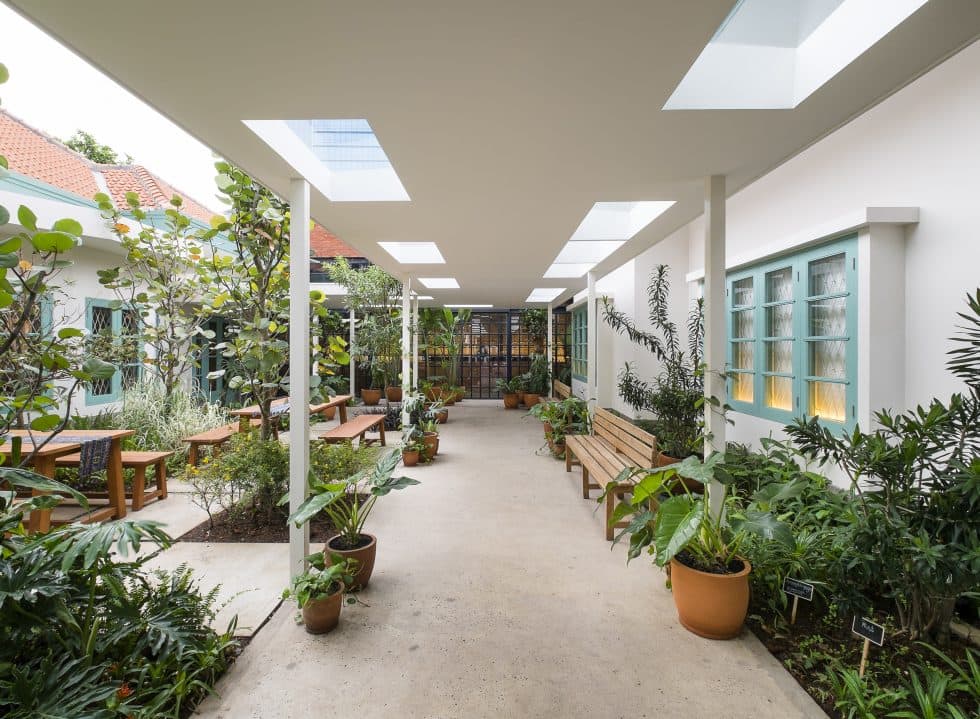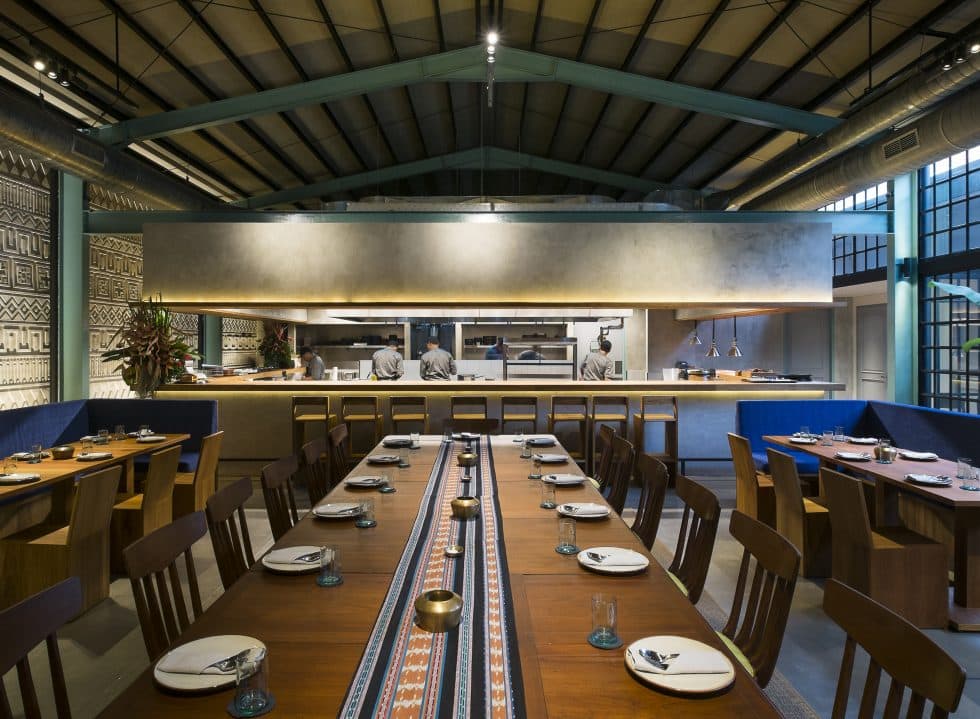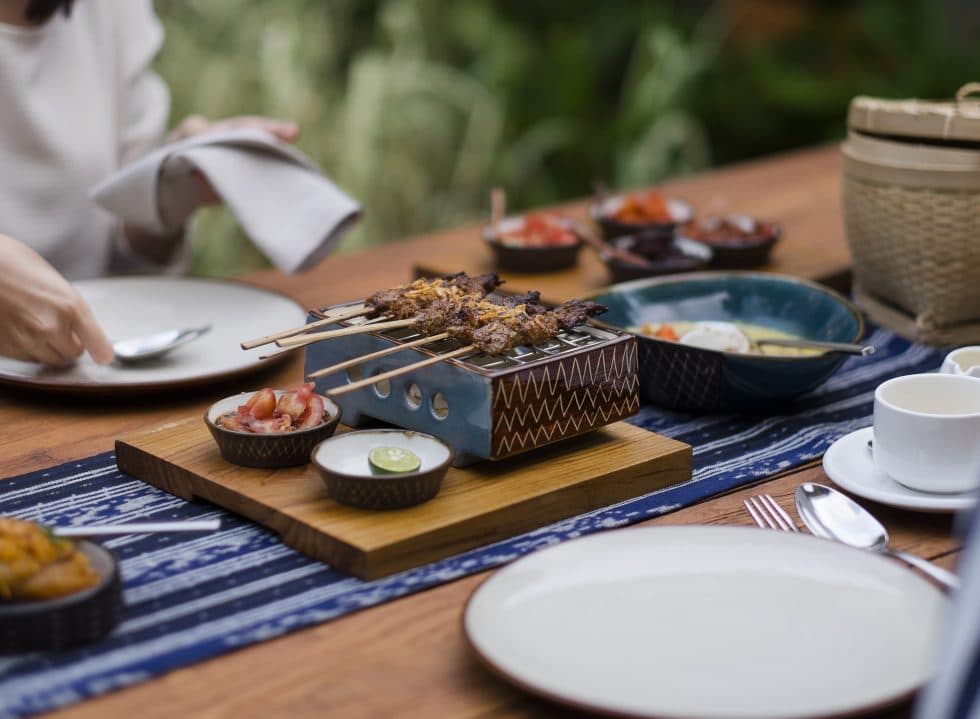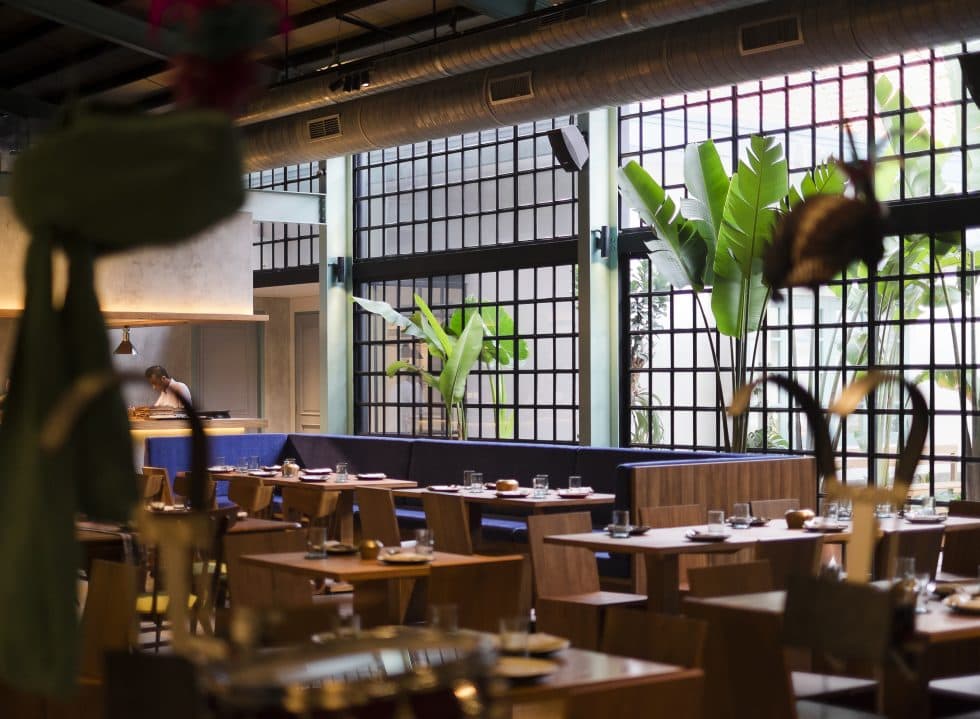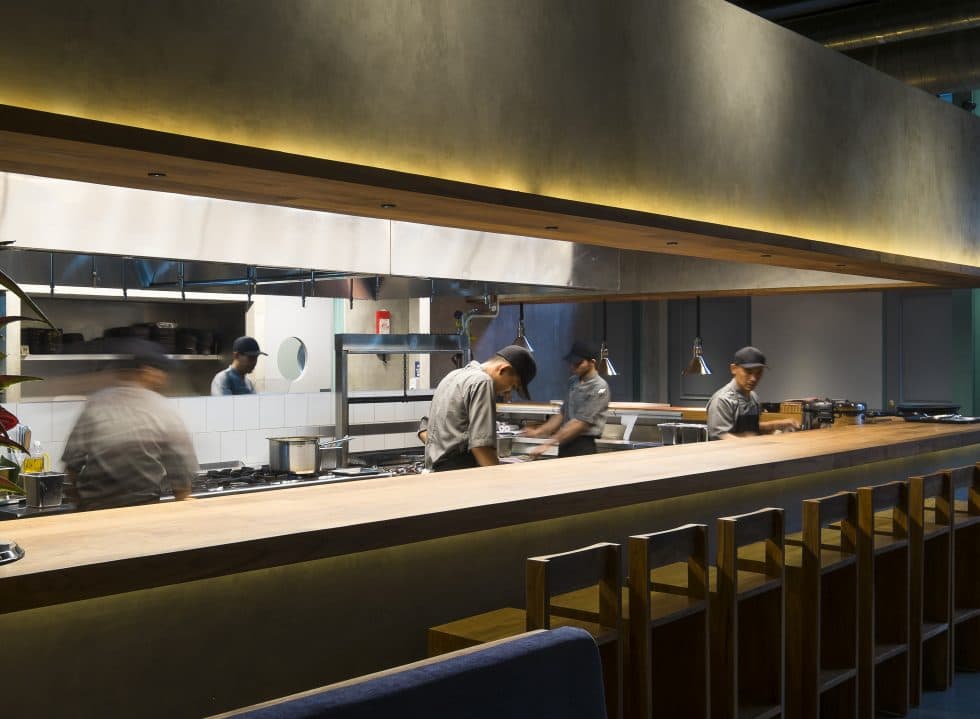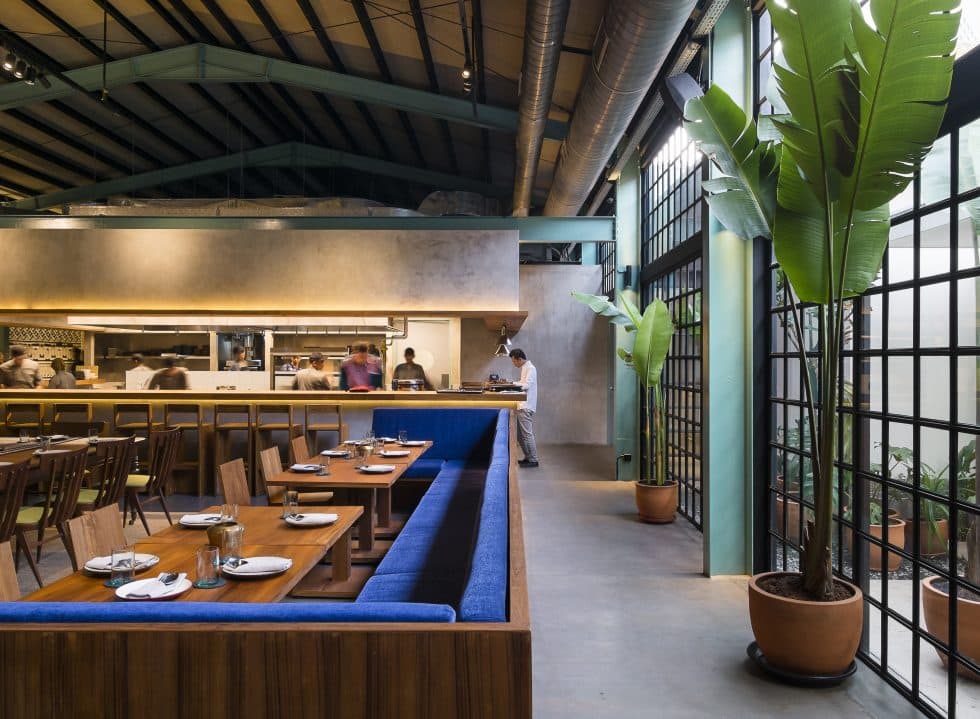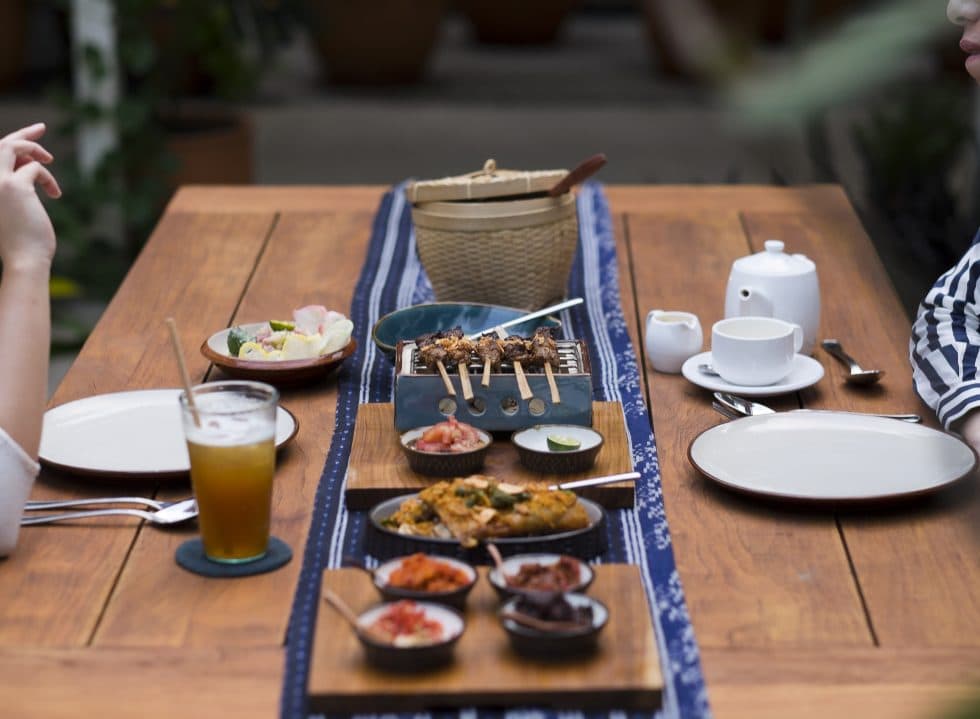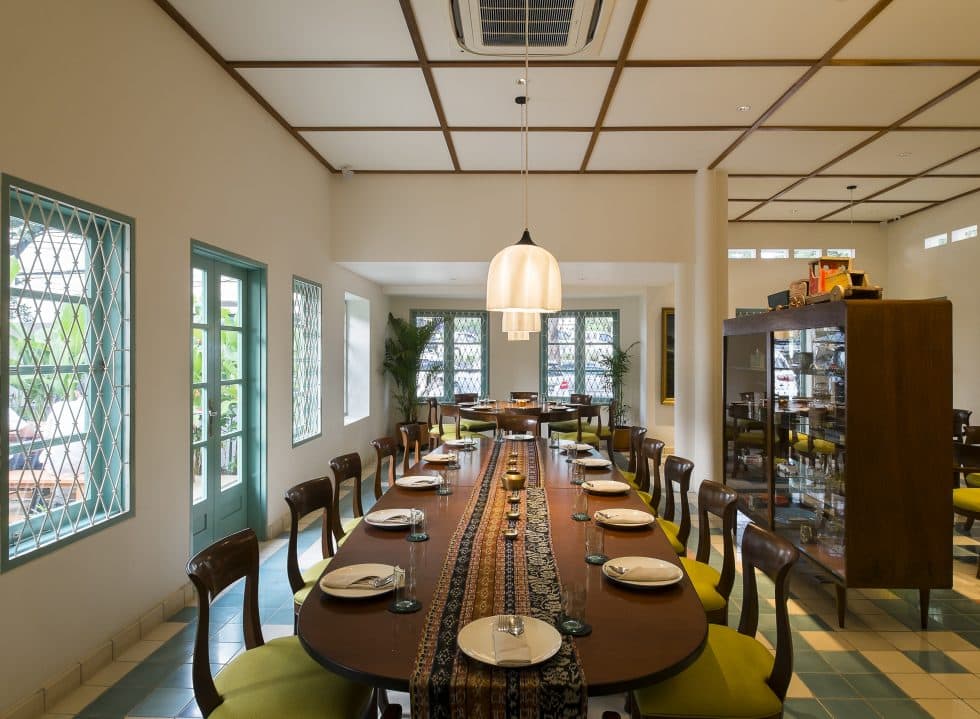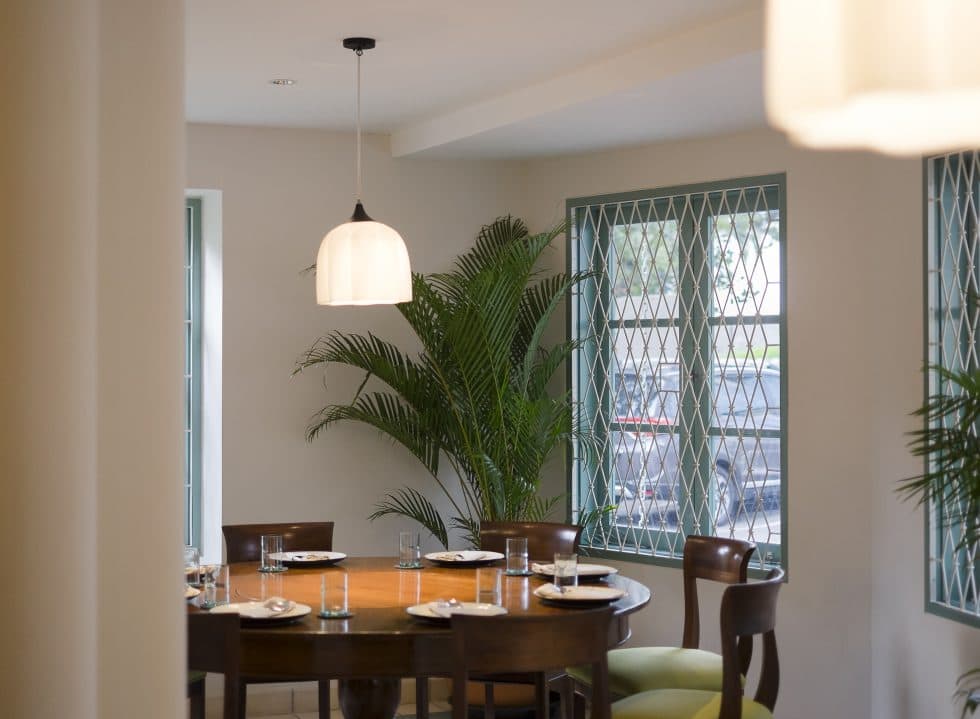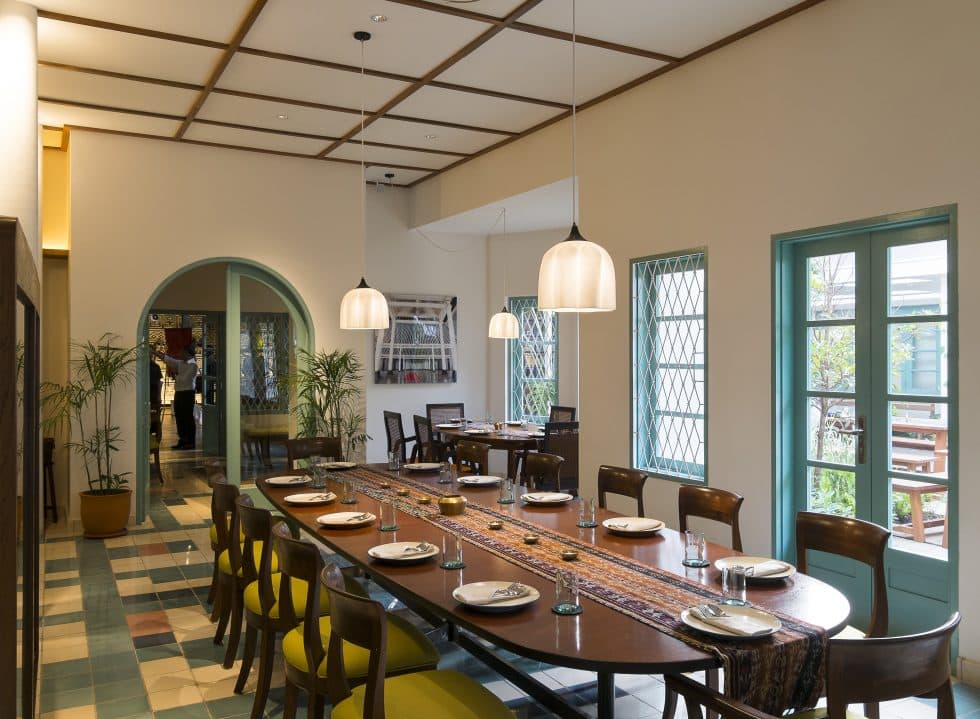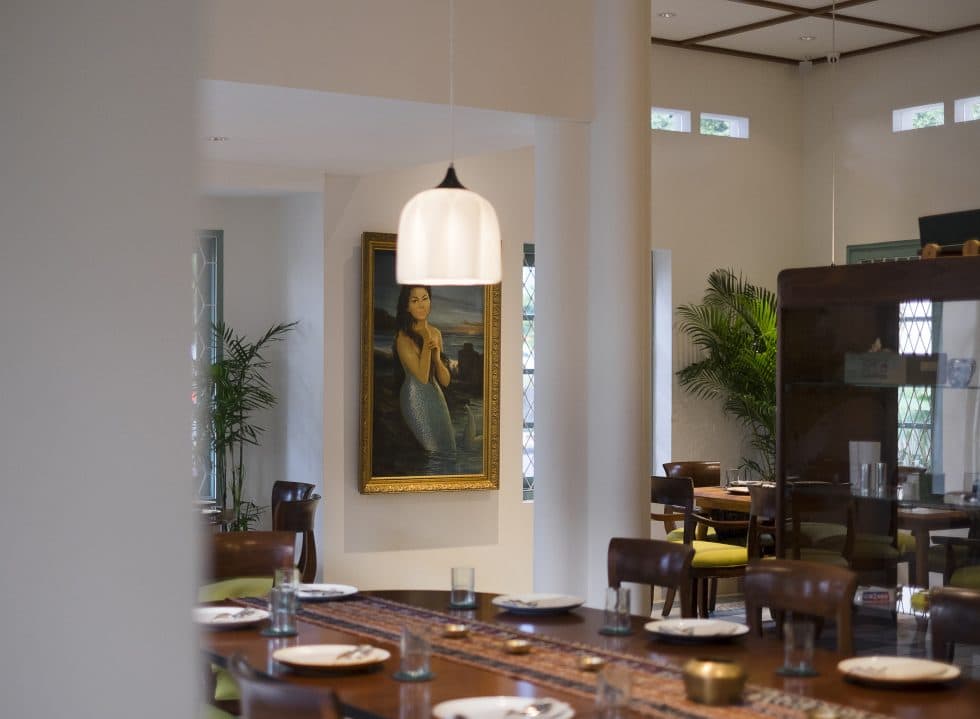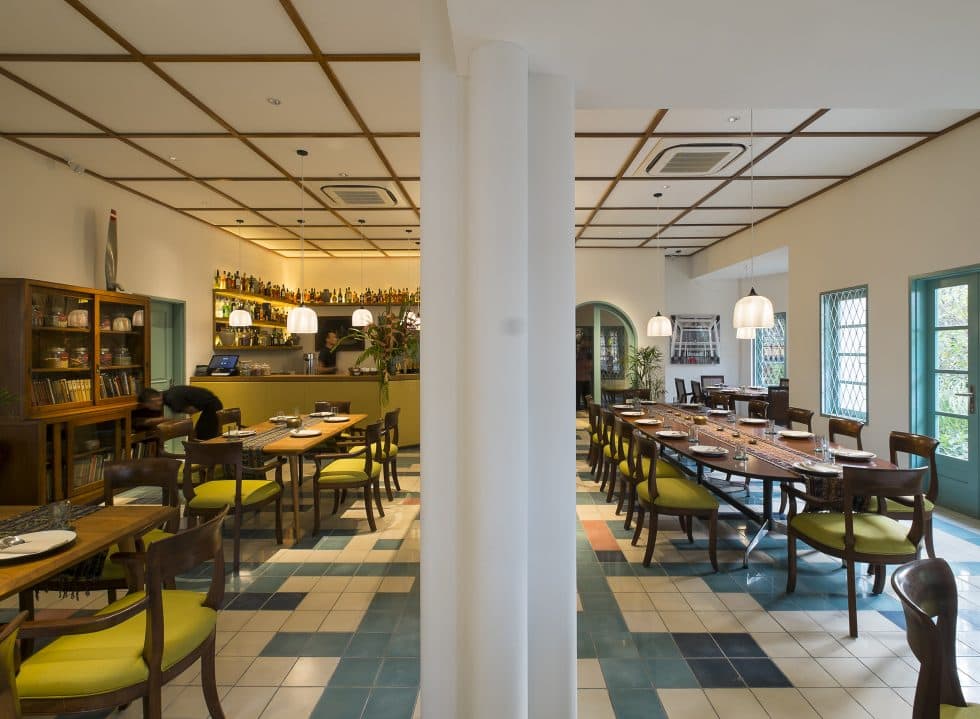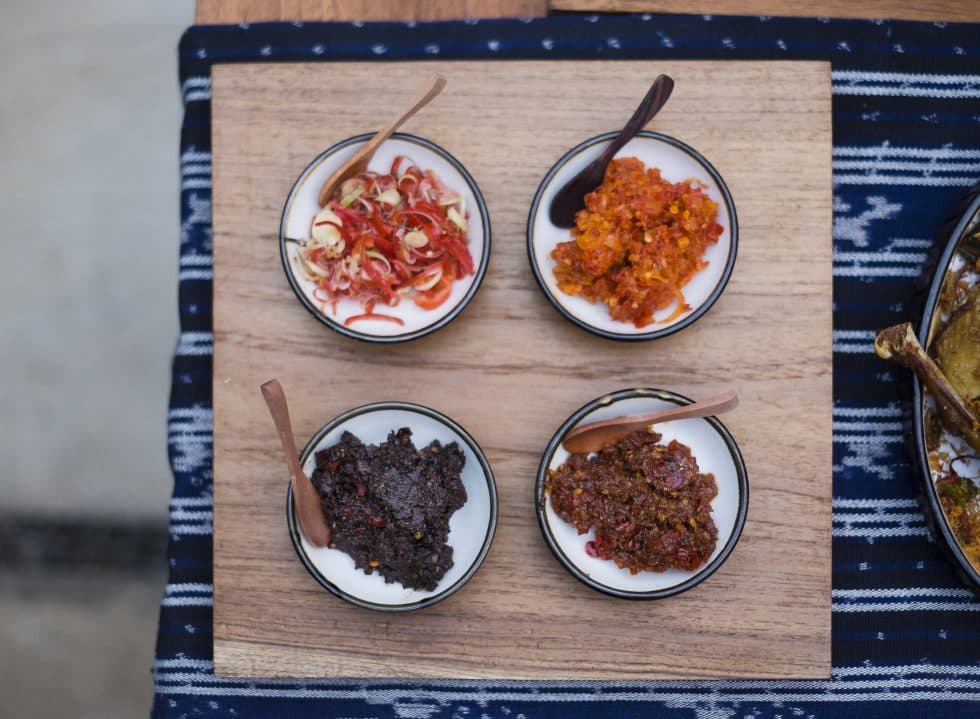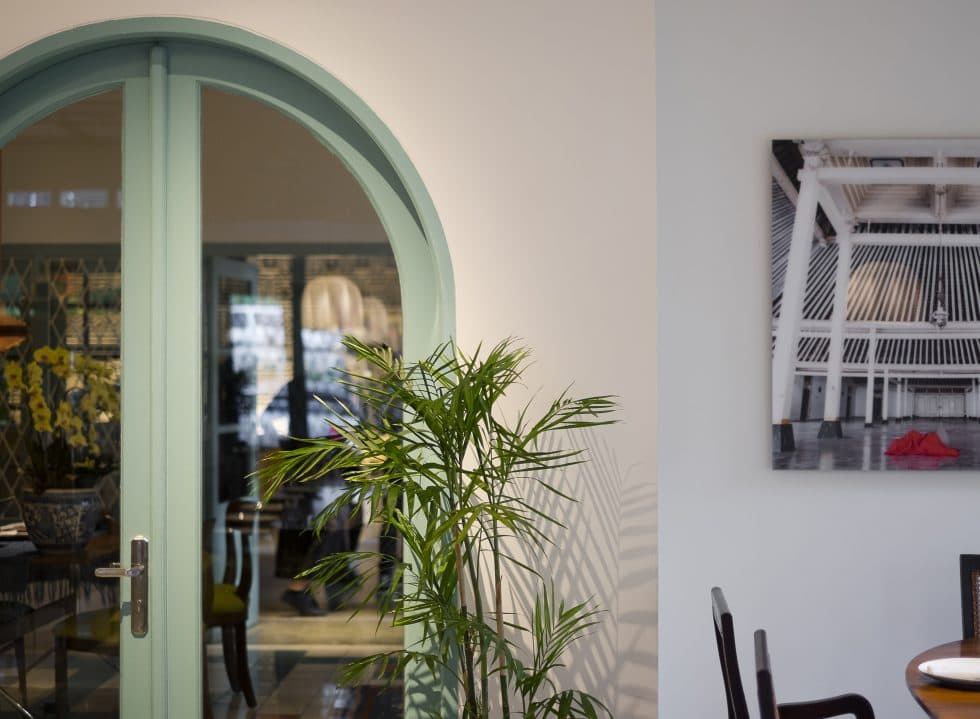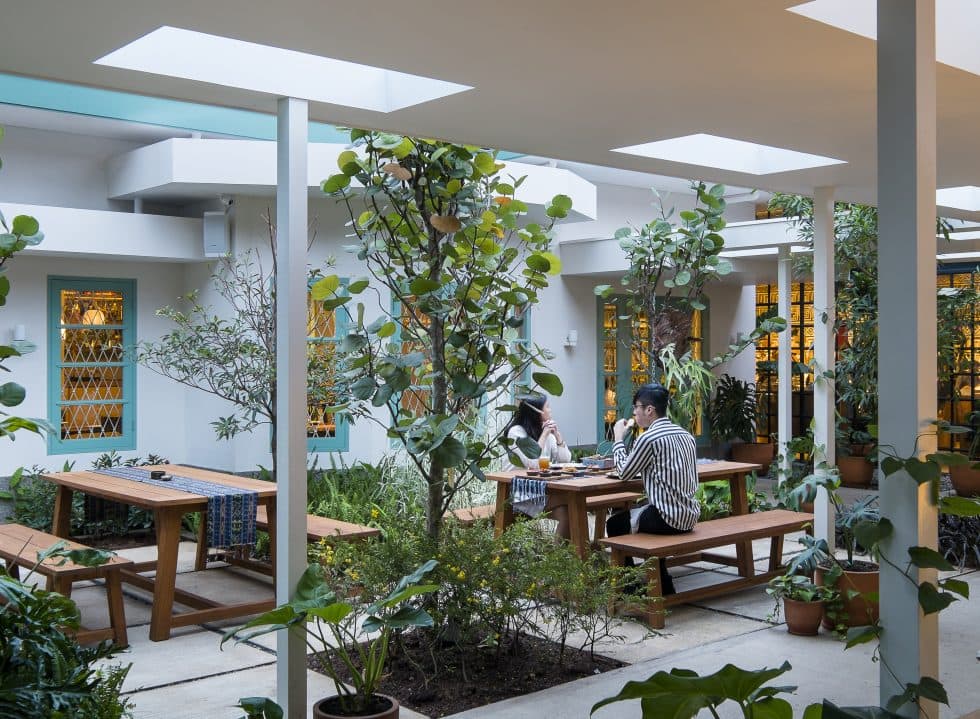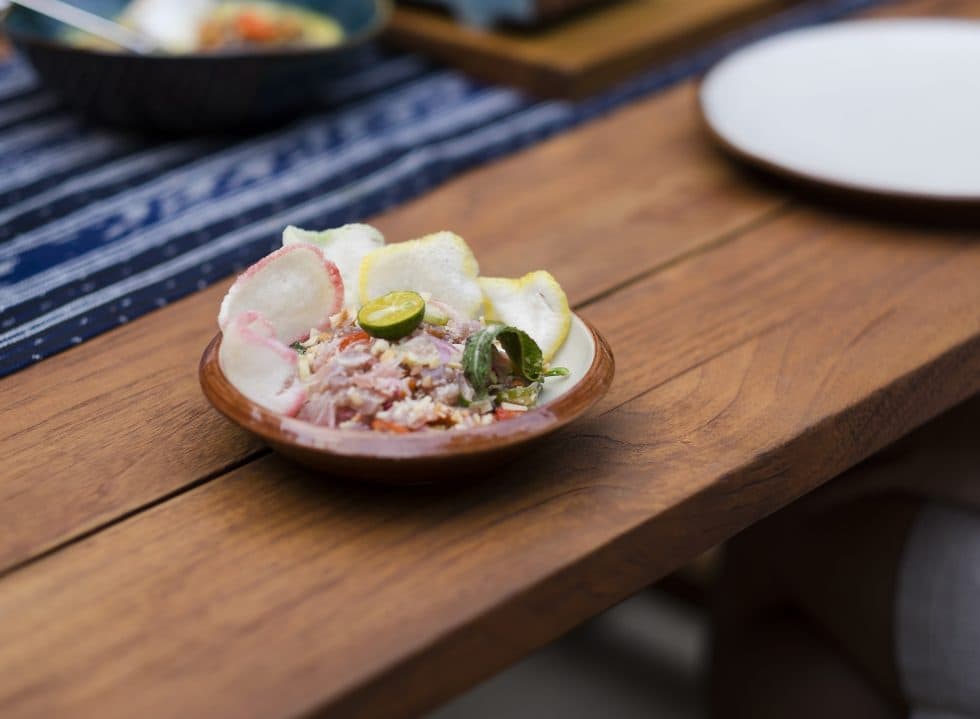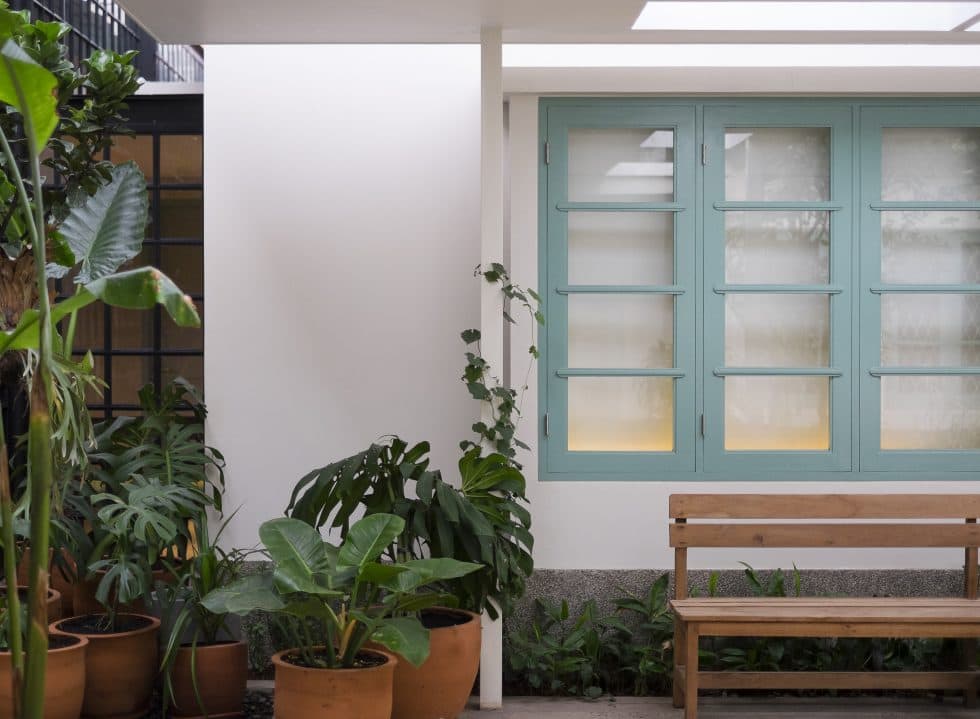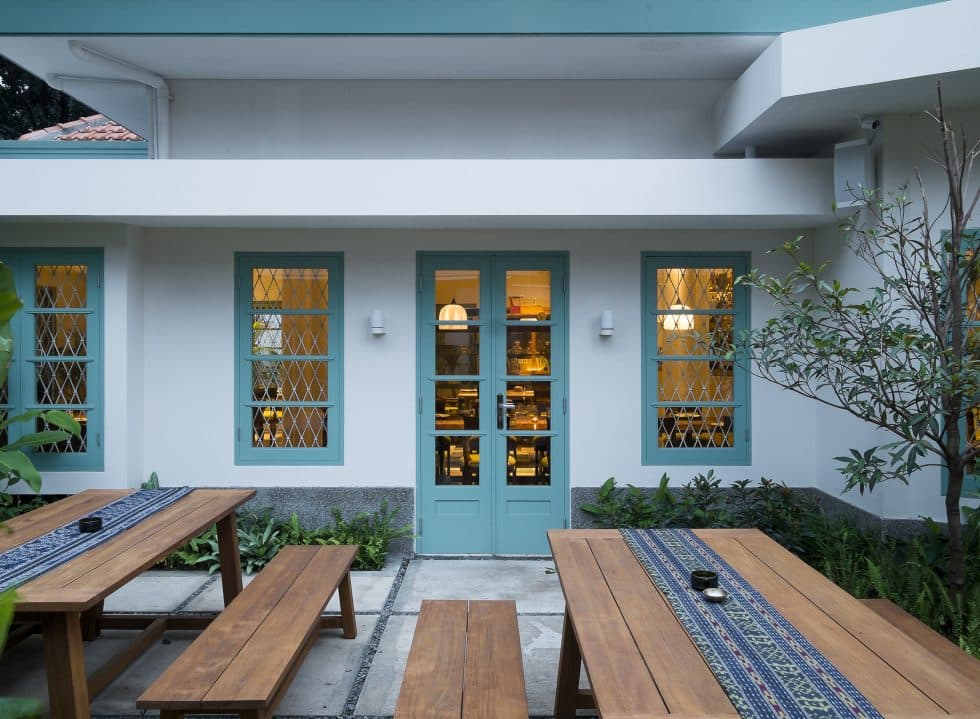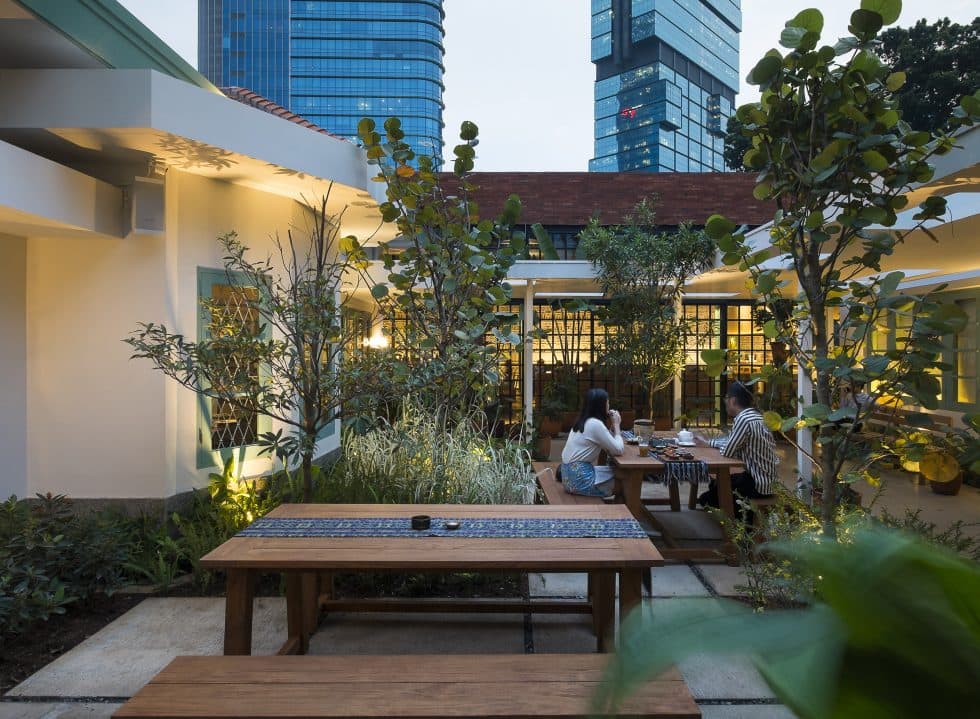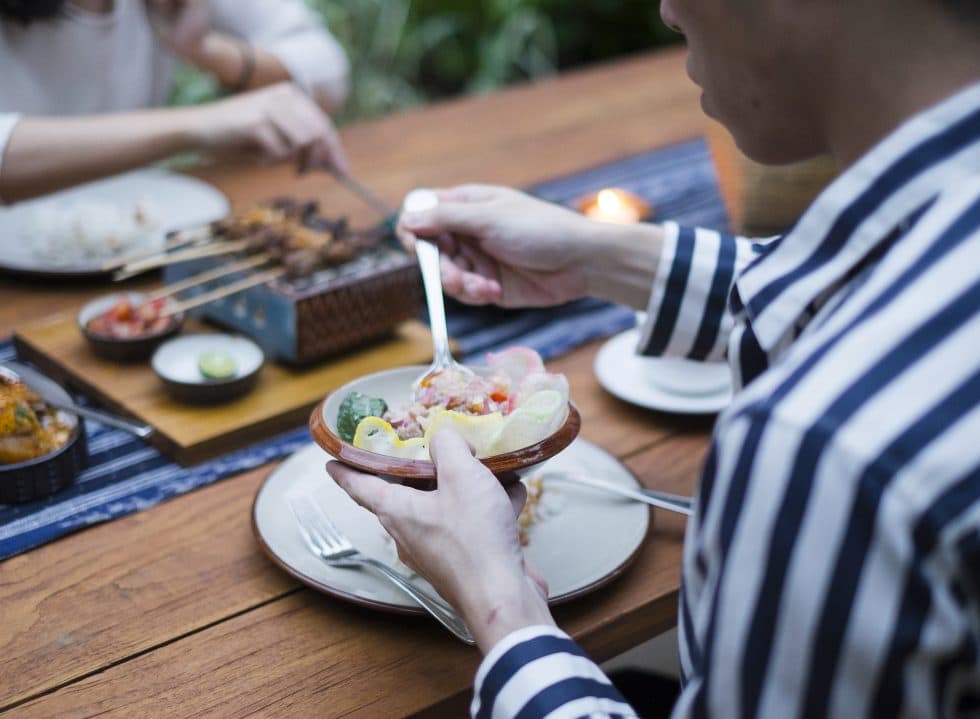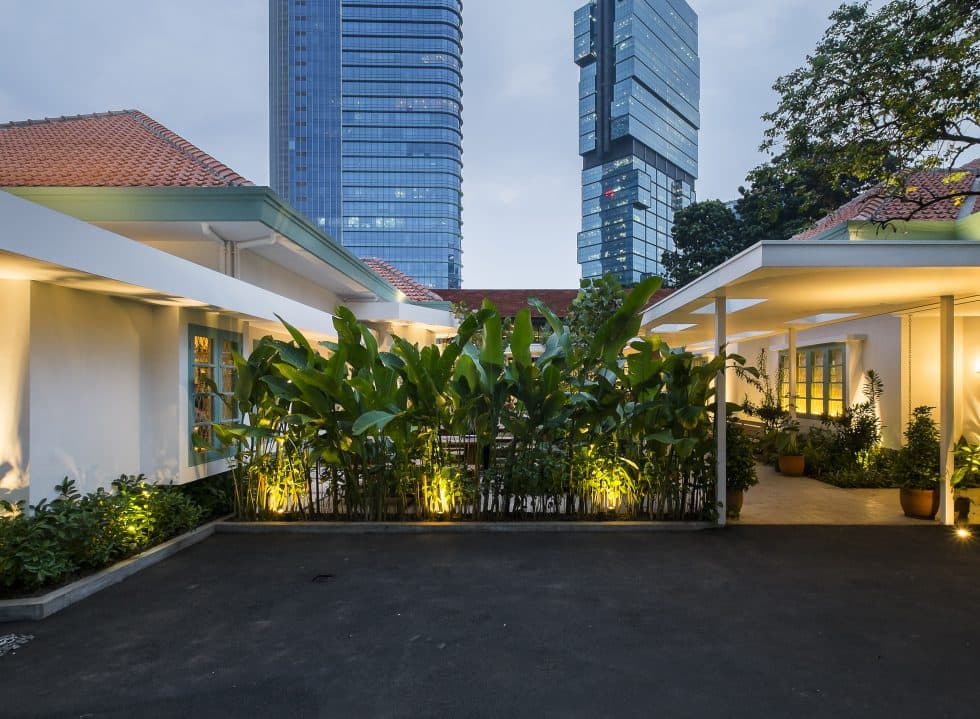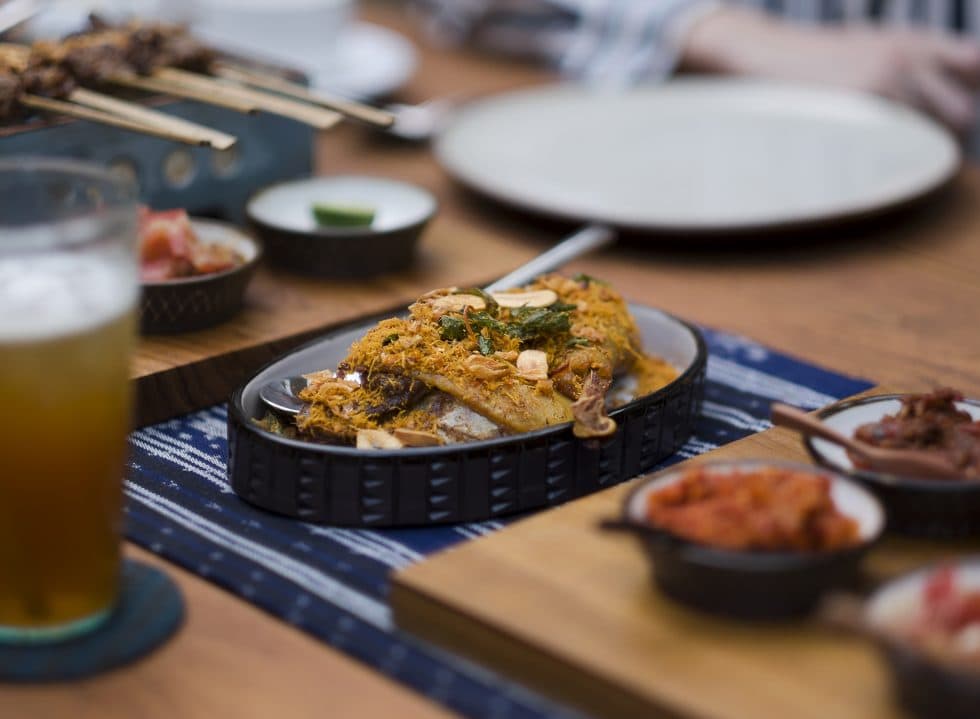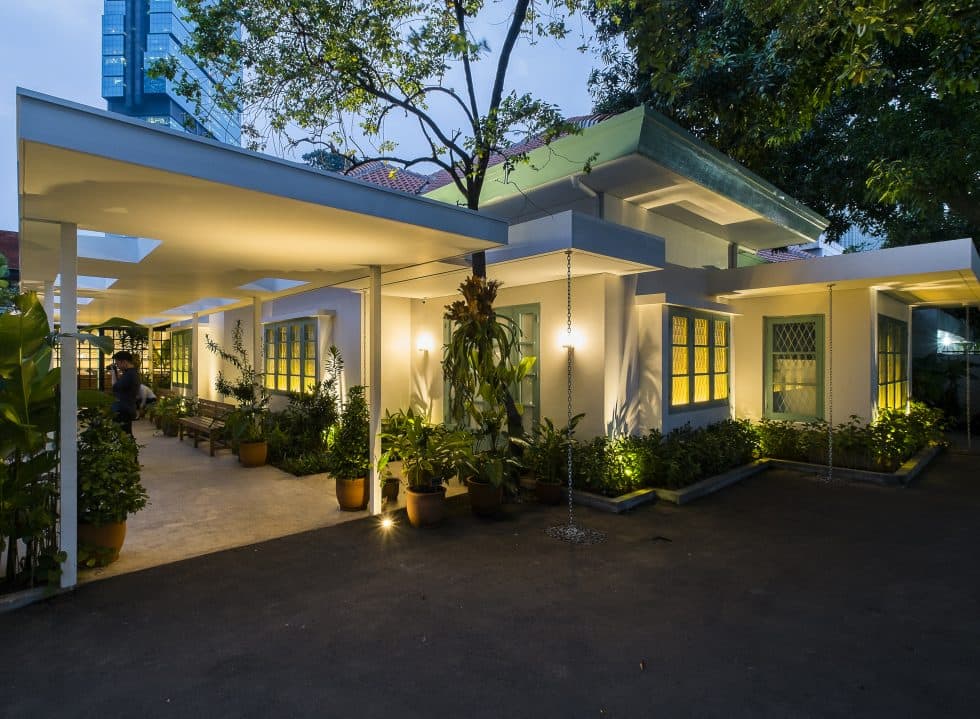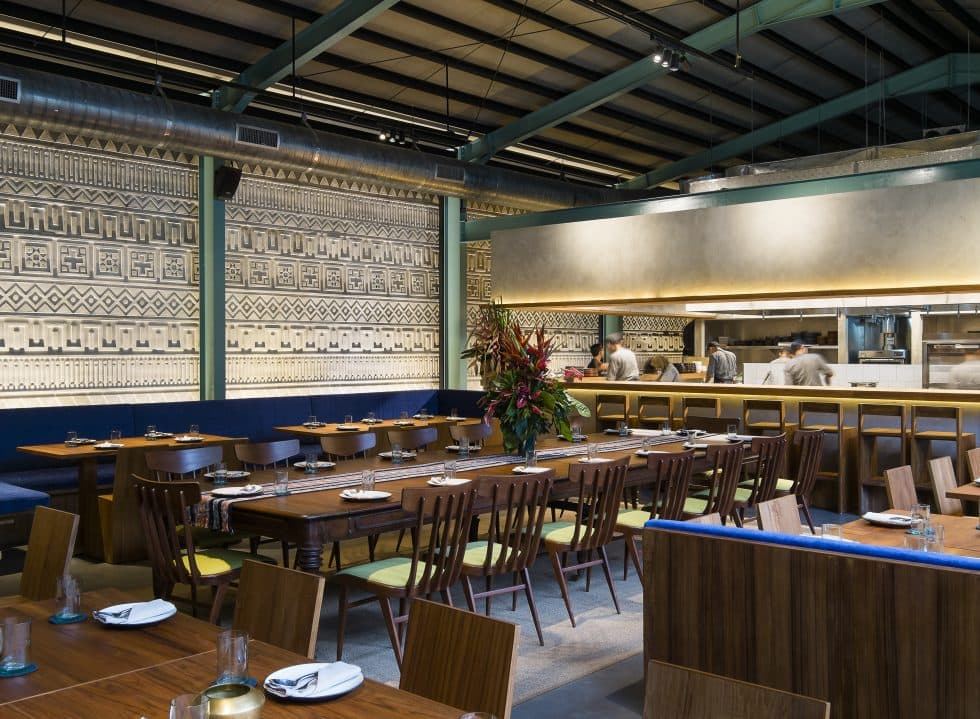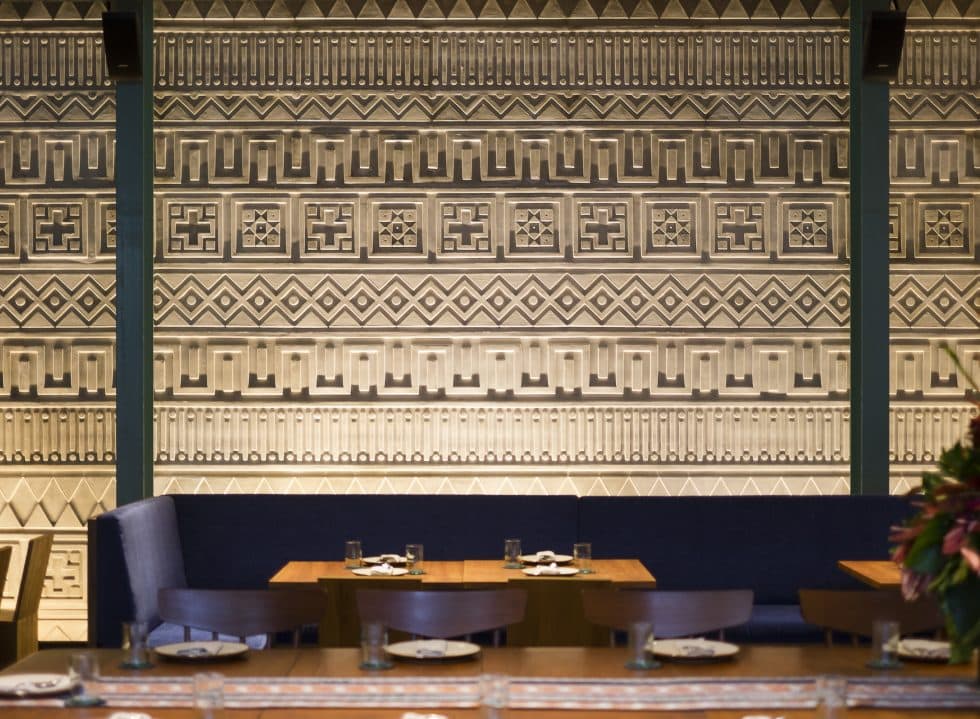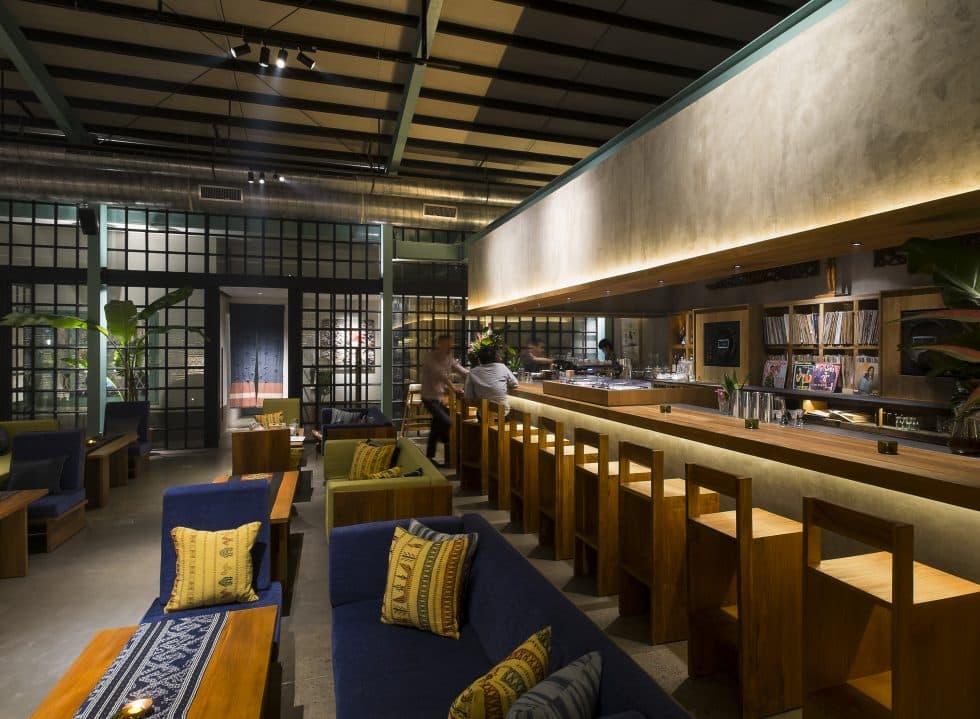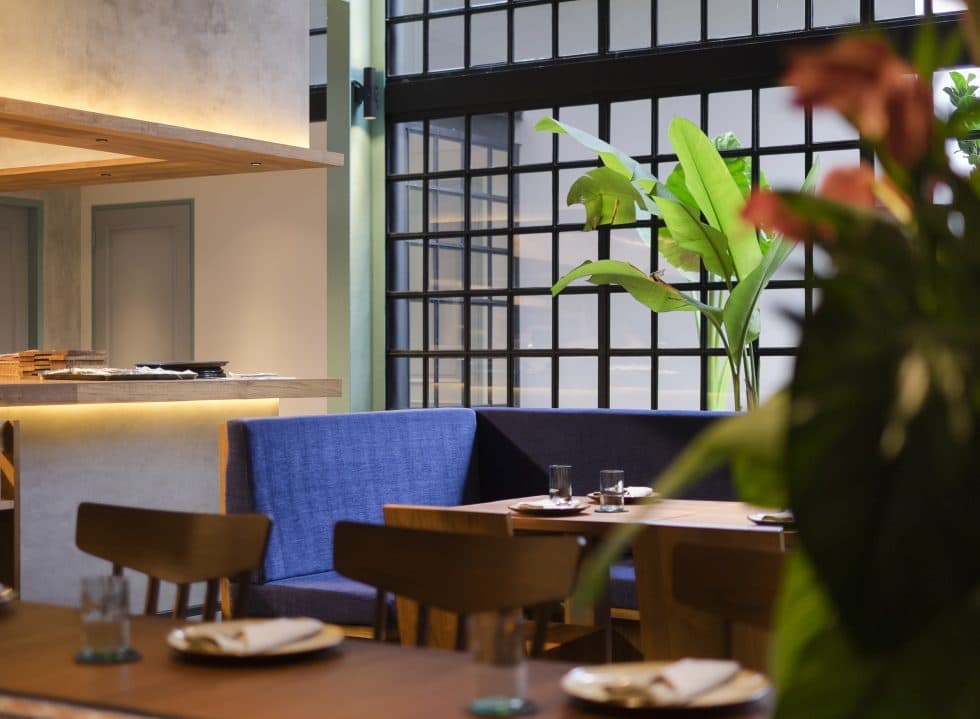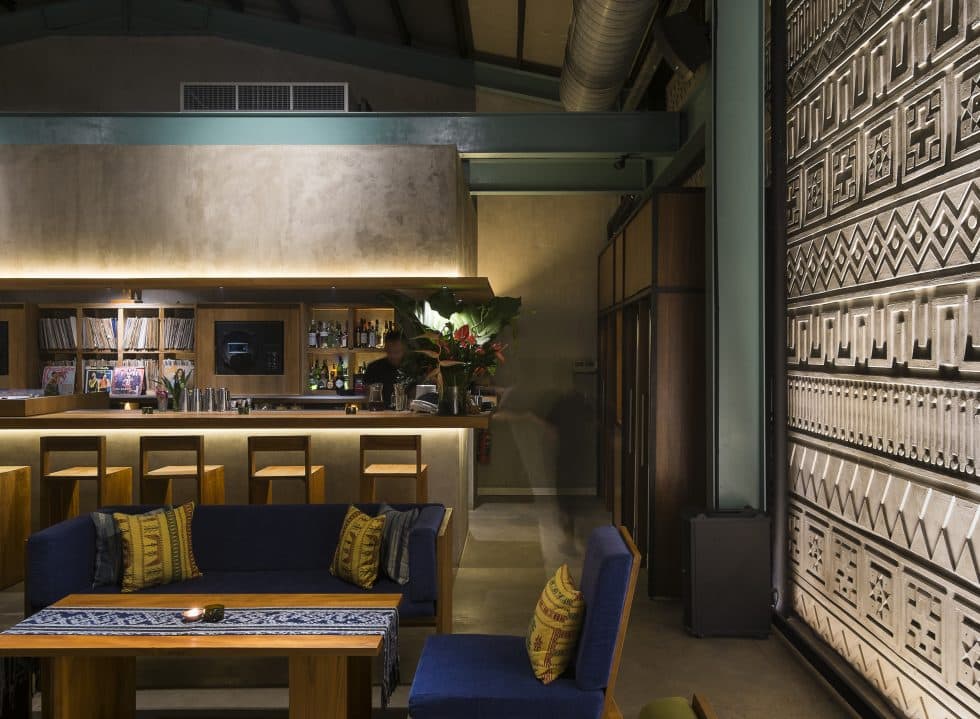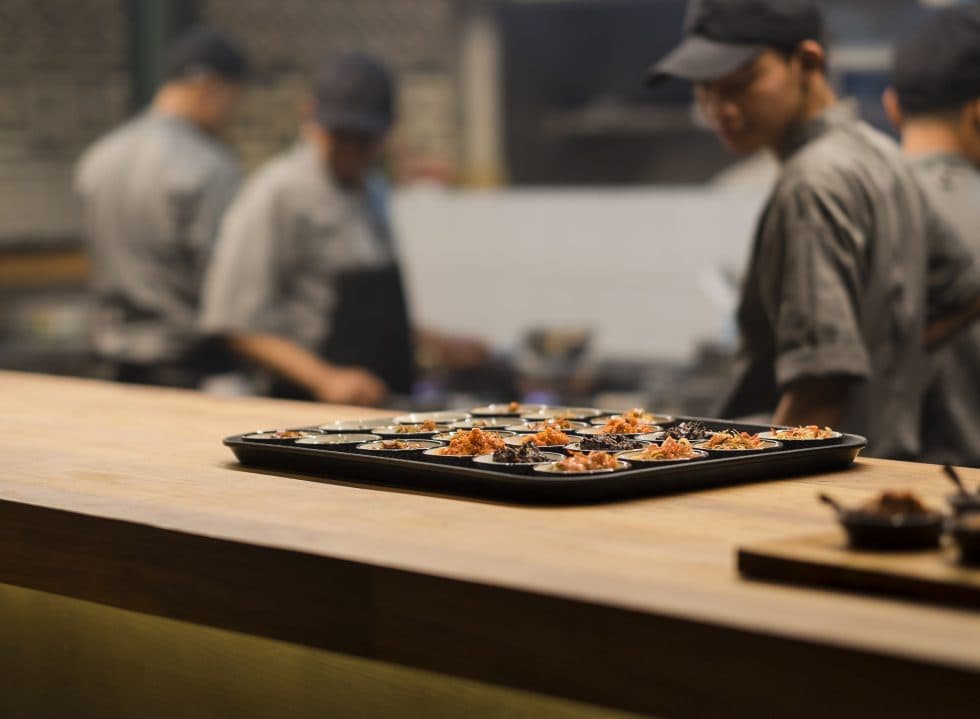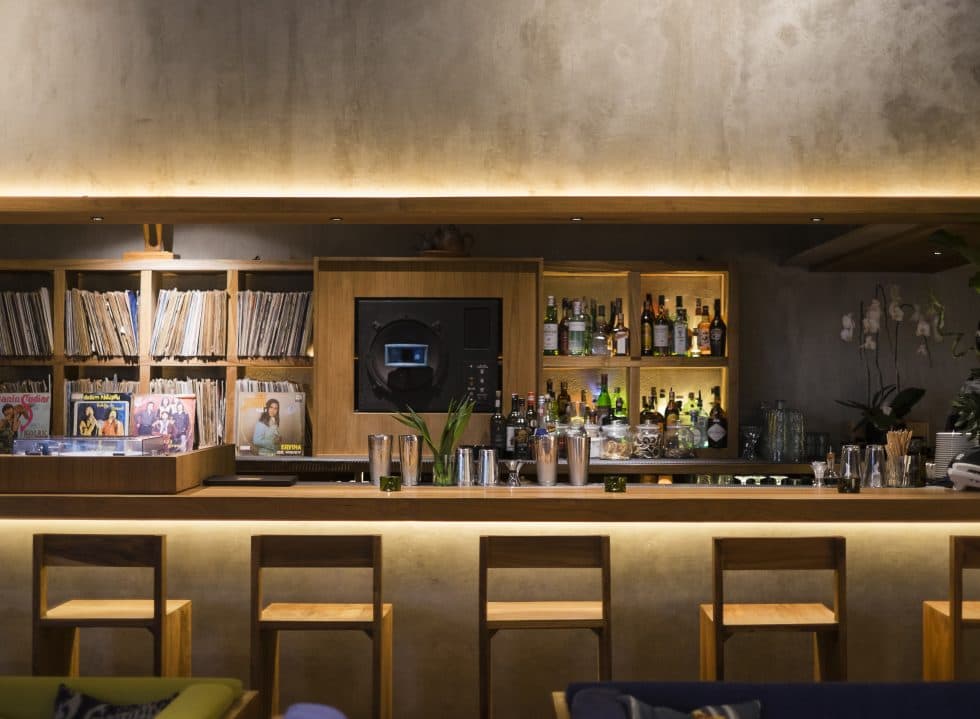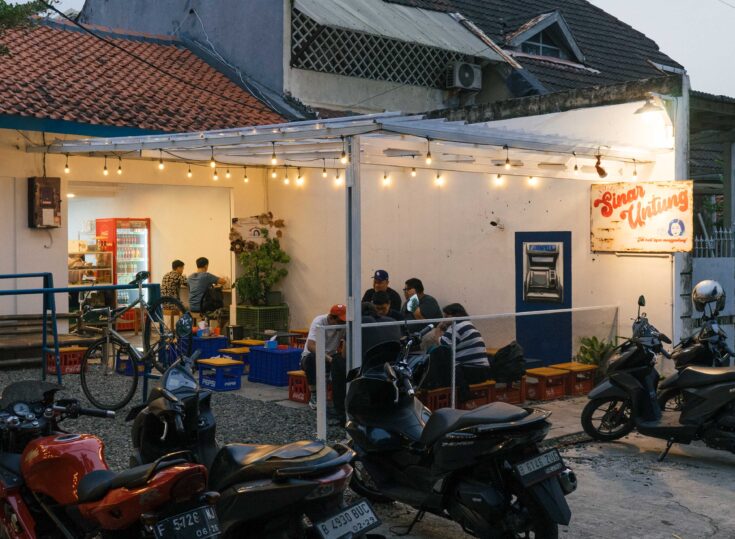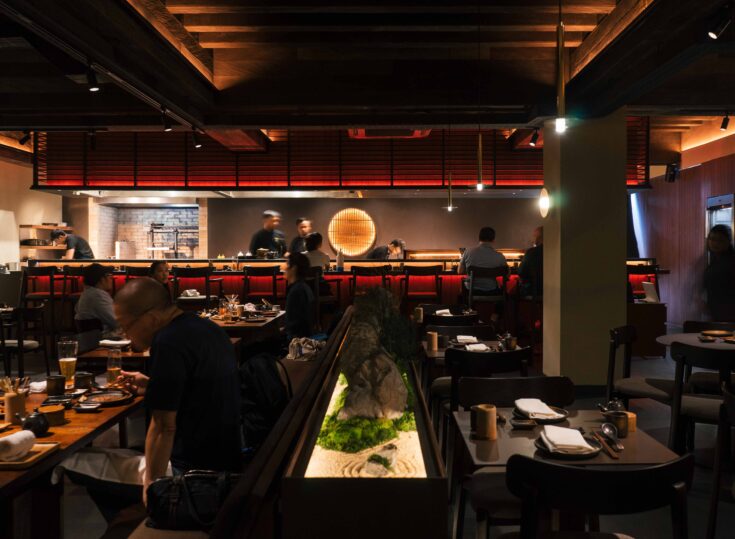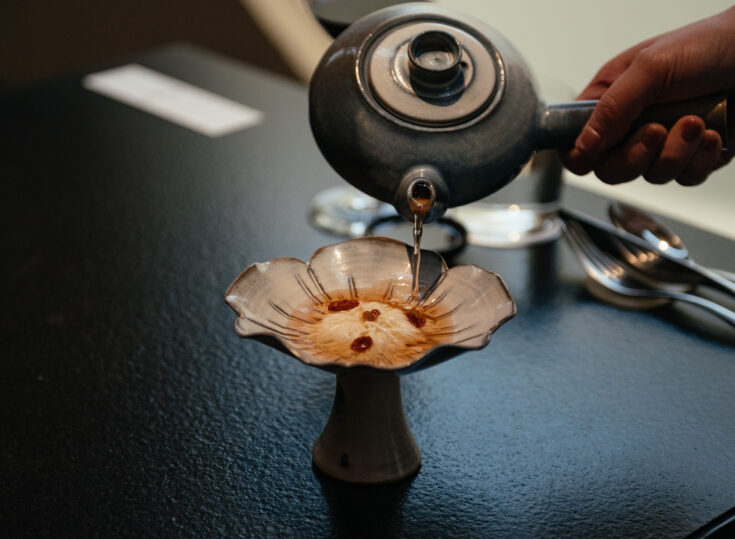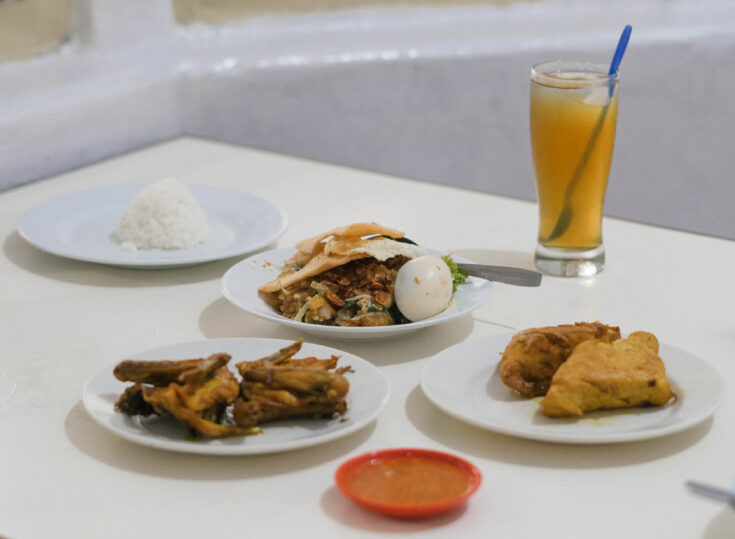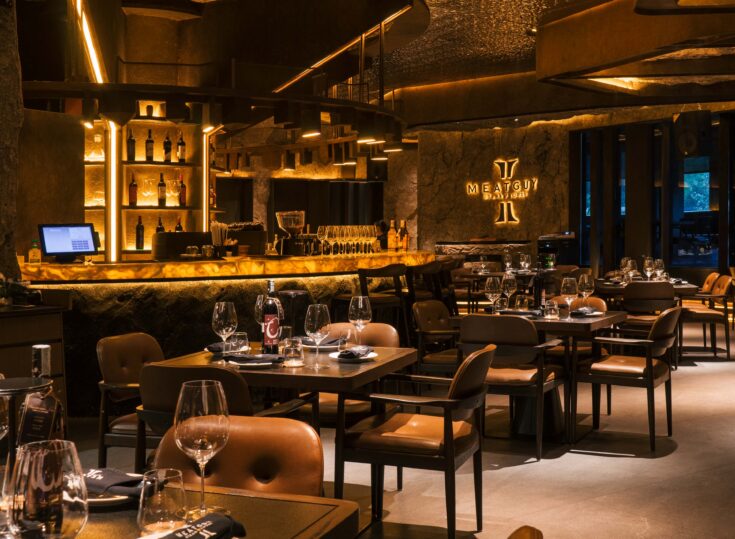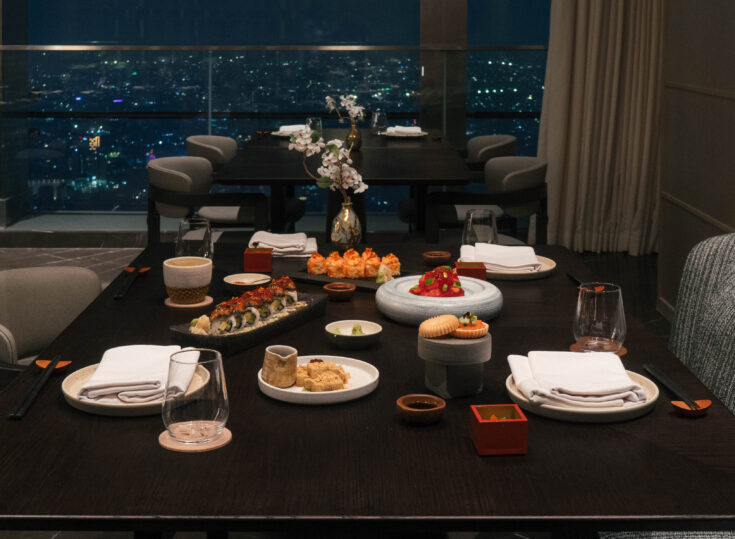With its success in Hong Kong and Bali, it will be no surprise to find that the reputation of Kaum precedes itself. Now that it has finally set its foot in Jakarta, discerning individuals would be more or less aware of what to expect from this offspring of Potato Head Family Group. But to describe Kaum (means “tribe/clan” in Indonesian) as an Indonesian restaurant is an oversimplification.
Many will find the dishes in Kaum familiar, because that’s the goal of the establishment from the start, which is to present the best of Indonesia cuisine. But these down-to-earth dishes are also elevated through the use of high quality ingredients that are sourced locally throughout the country from small-scale, responsible producers.
Still, the good thing is, even deprived from this information, one can always tell from the taste. To wit, Nasi Goreng Cabe Asap (wok-fried rice with home-smoked chilli paste, fresh prawns, fermented krill and stinky beans) will serve as a good substitute for the usual plain rice, where even while it’s bursting with flavours, the palate remains light. Haters of stinky beans should no doubt give this dish a chance.
Elsewhere, the classic Bebek Betutu is another easy favourite with its tender yet crispy meat. Luckily, nothing is too plebeian for Kaum. Even the common Batagor finds its way in the menu as a great option for starter. Equally not to be missed are their traditional desserts, such as Kue Lumpur, Lapis Surabaya Selai Nanas Madu and Klappertaart, which end the meal effortlessly with bliss and a quick trip down the memory lane.
Despite that, the strength of Kaum doesn’t lie on its food alone. The interior rounds off the experience in Kaum. What seems like a compact colonial house from the outside turns out to be spacious dining hall with a bar and large open kitchen, plus another semi-private dining room to boot.
If you find yourself arriving earlier than expected, it’s a good idea to park yourself by the bar with their house cocktail (Kaum Highball is highly recommended) in hand and take in the view of the sublime precast wall panels in Dayak motifs while chefs shuffle busily in the open kitchen.
It’s often easy to get carried away in the grandiose ideals of reviving or elevating Indonesian cuisine. But Kaum injects enough fun and nonchalance, resulting in a contemporary Indonesian establishment that doesn’t take itself too seriously. And that’s definitely easier said than done. This is no doubt a modern tribe you’d want to be a part of.
